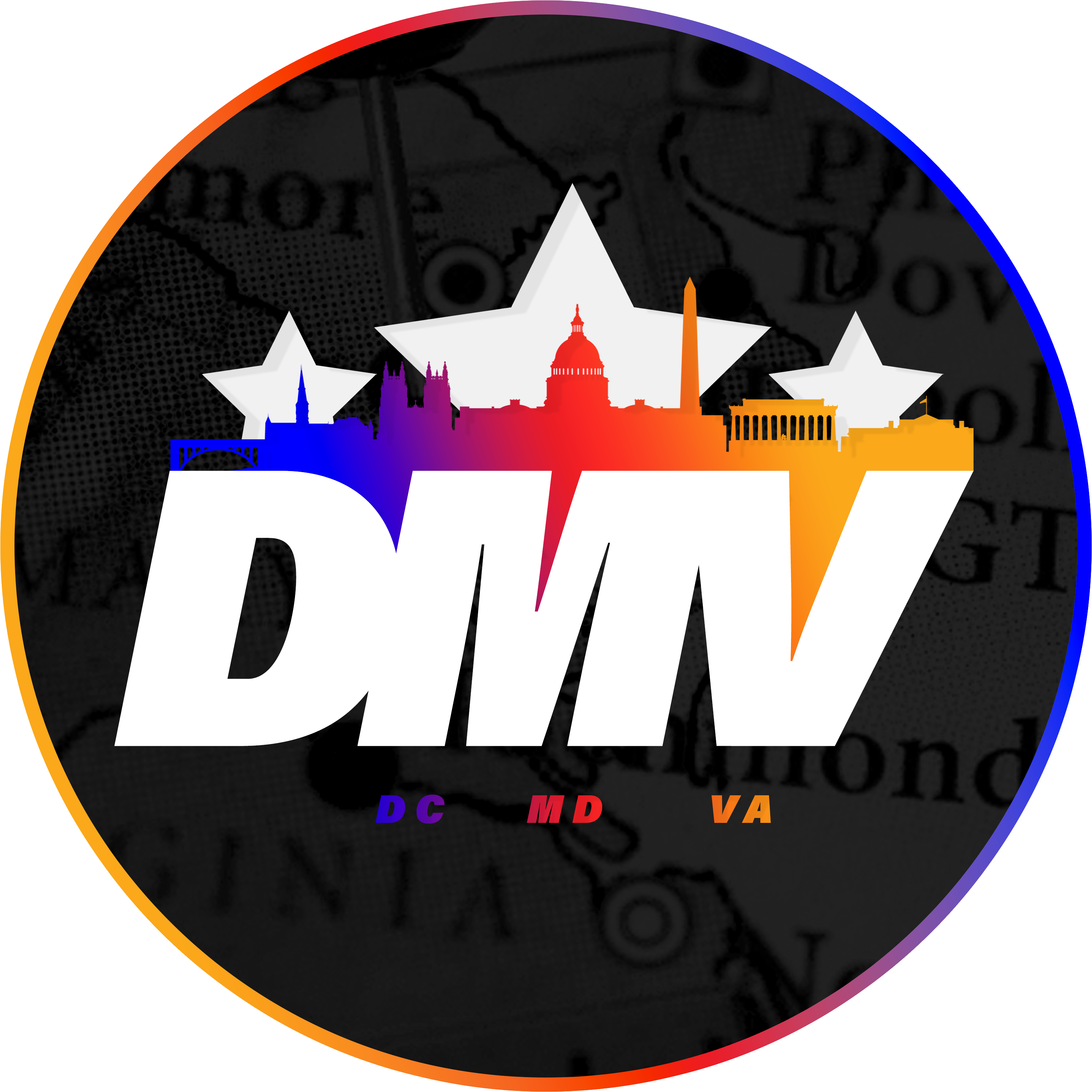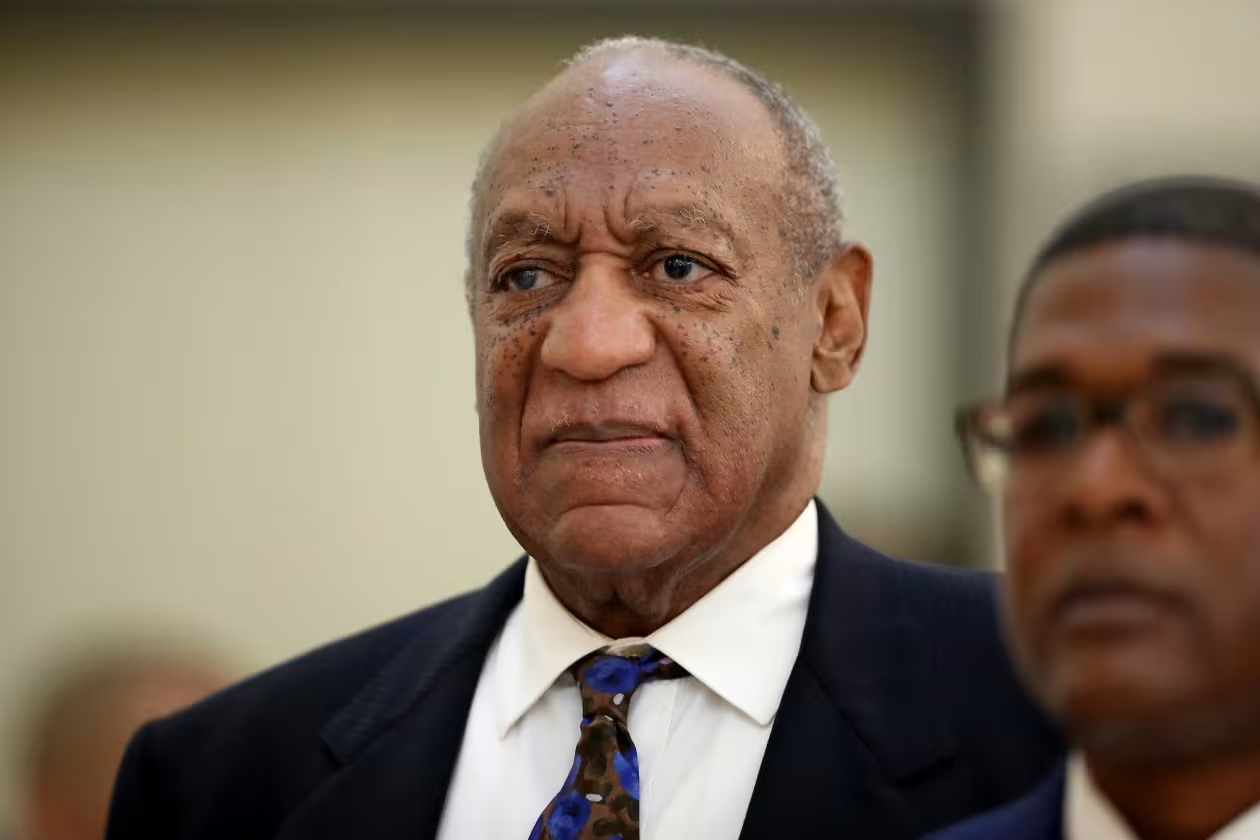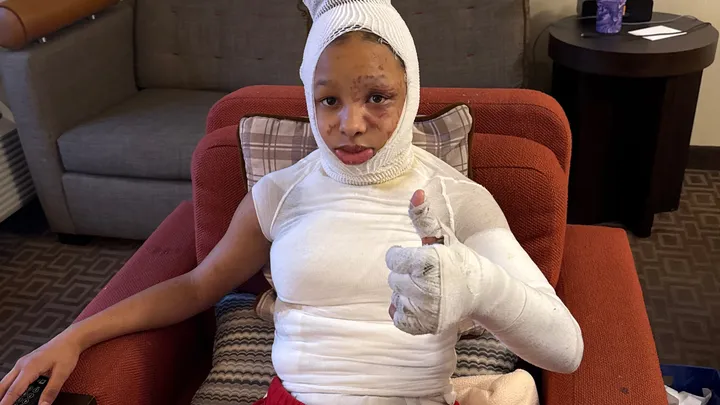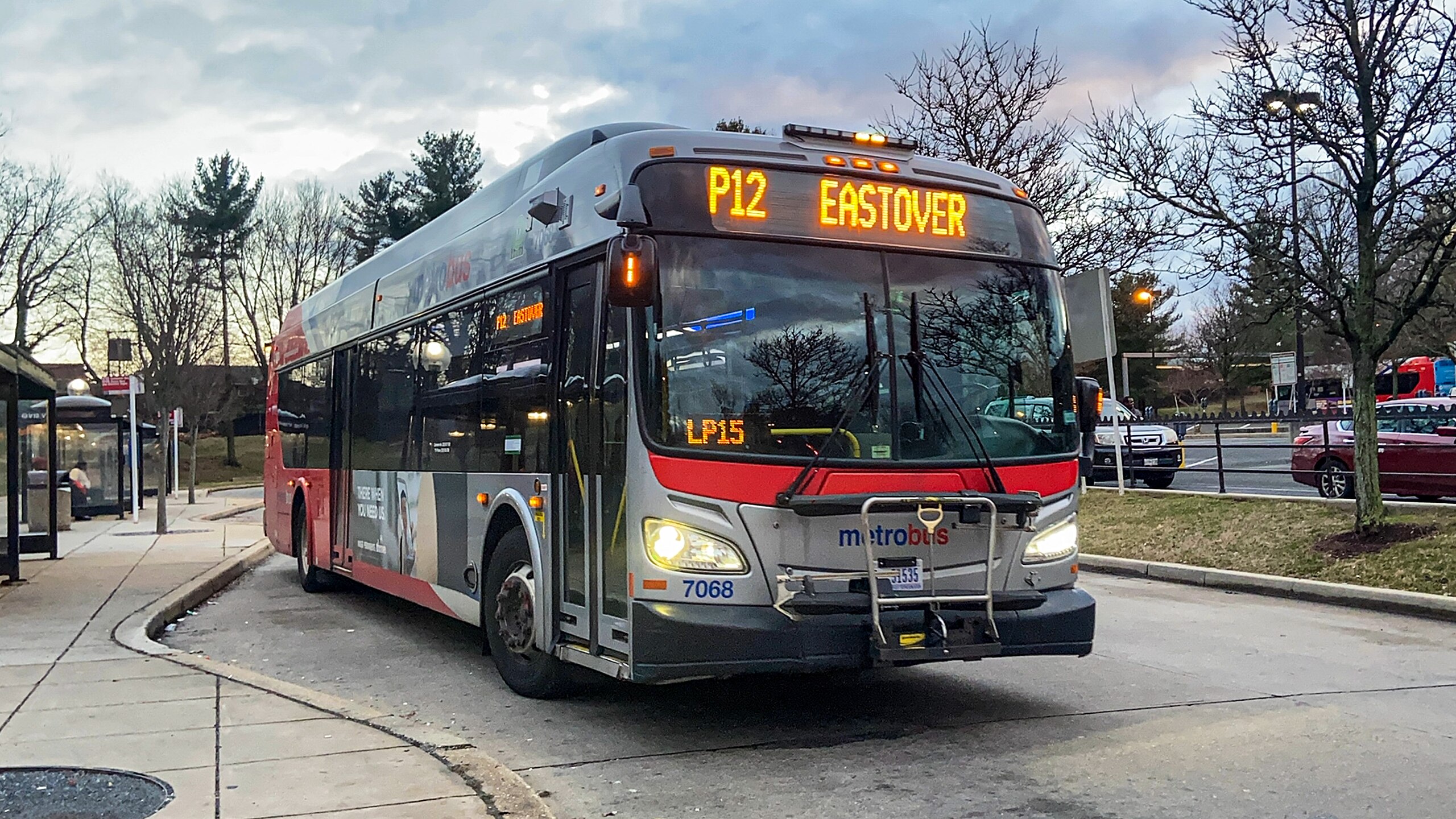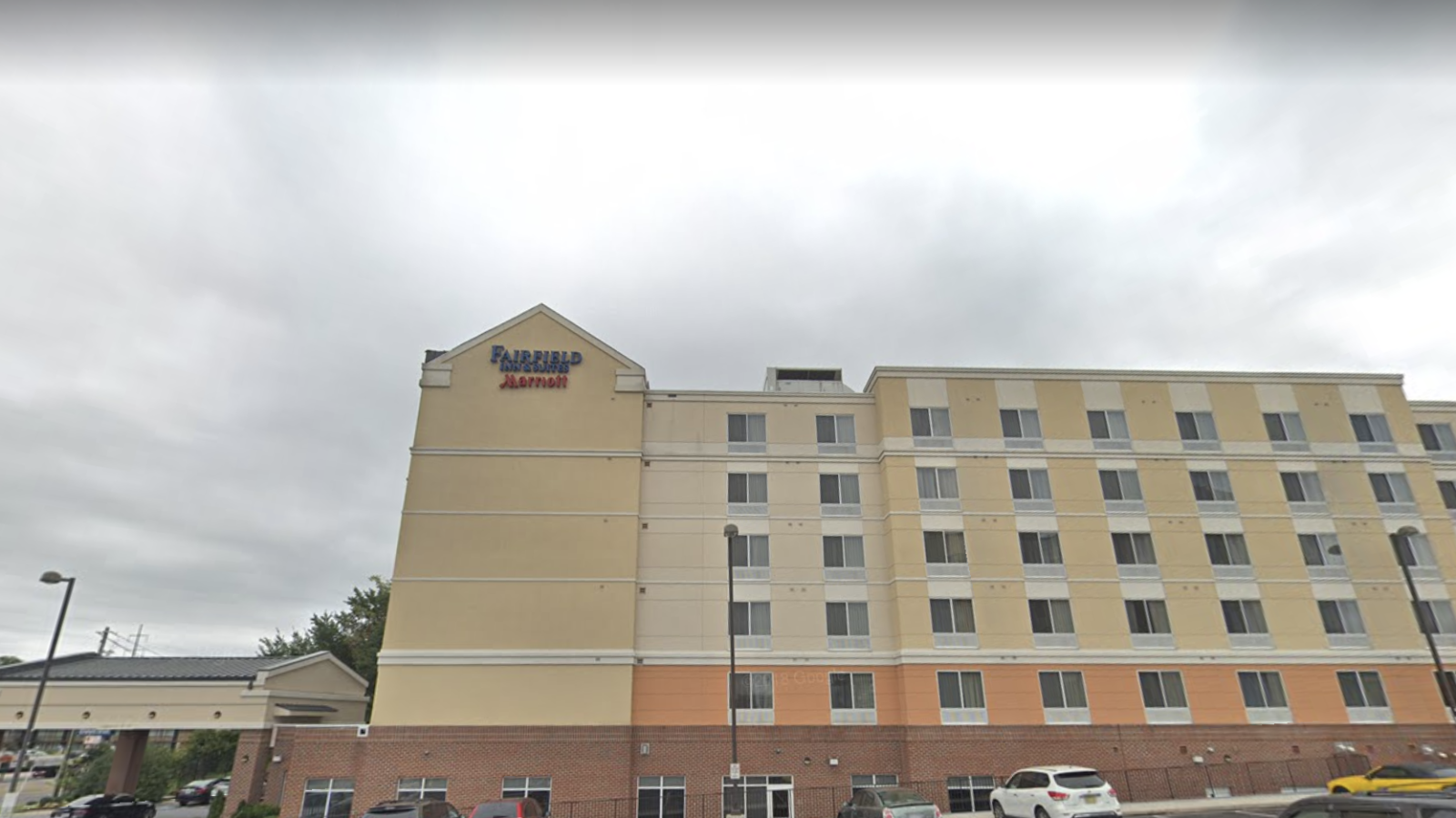
DC Hesitant To Expand Homeless Shelter Program And Waitlist Grows
Maurice Ceasar, a 60-year-old man bouncing around from shelters for the last 15 years, decided to take residence in a D.C. hotel last March. He had access to meals, medical care and a bathroom, including a room of his own and he could avoid COVID-19 that was ravaging his city, according to The DCist.
Ceasar has cardiovascular conditions which place him at a high-risk for coronavirus. He has said, “For me, it was like a dream come true. I needed the support. I needed the people and they were there for me.”
In March, when the virus swept through D.C., the Department of Human Services began renting hotel rooms to quarantine and isolate residents experiencing homelessness that had tested positive for COVID-19, or had come in close contact with anyone that has the virus.
By May, DHS had expanded the preventative hotel housing through a program called Pandemic Emergency Program for Medically Vulnerable Individuals, which is how Ceasar received shelter.
Since then, the demand has boomed and the waitlist grows to more than 600, placements out of hotels into permanent housing are not meeting the pace of demand to get in and despite many hundreds on the waiting list, D.C. has not made plans to expand the housing to a fourth hotel.
Karen Cunningham, the executive director of Everyone Home DC, has said, “It’s almost certain that many of the people currently [in PEP-V housing] are going to return to homelessness after the public health emergency is over. Now the worst case scenario is that we don’t get more PEP-V, and we don’t get more people into housing.”
A majority of the funding for the PEP-V and quarantine housing sites came from the federal CARES Act passed in March 2020, while D.C. covered 25% of the costs. But President Joe Biden issued an executive order last month requiring FEMA to fully reimburse any money spent by local and state governments on hotel programs for unhoused residents during the pandemic. The funds will run through Sept. 30, but will also apply retroactively to any state or local money invested in the programs so far that was not previously eligible for federal funding — an avenue advocates are calling on DHS to utilize to move residents out of congregate shelters.
